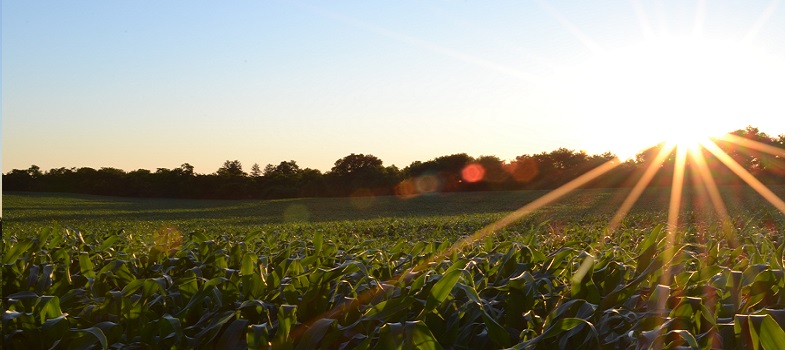Practices
Secondly, practices within agriculture can be viewed through the lens of theories of practice and what may be required to affect change in such practices (Watson, 2012), or through the lens of social learning as a key basis for communities of practice, networks of practice and webs of influence (Oreszczyn et al., 2010). Theories of practice, where practices are routine behaviours arising from combinations of physical activities, mental activities, technologies and their uses, have not been good at accounting for changes over time.
This may be helped by considering ‘systems of practice’ (that is linked sets of practices aimed at similar goals repeated over time) within defined socio-technical systems (which in this case is that of supporting sustainable agriculture) that influence longer term behaviours. In this way small, but incremental, changes in practice at the micro-level (e.g. use of herbicides) can lead to large transitions in behaviour at the macro-level (e.g. shifts from spring to autumn sown crops) that impact on productivity and environmental performance, particularly where there are accompanying changes in infrastructure that support such practices.
In contrast, the concepts of communities and networks of practice (Wenger, 2000; Brown and Duguid, 2001) consider how participants learn within and as part of a community or a network under the assumption that effective learning often takes place in social settings. As reported by Oreszczyn et al. (2010), farmers can display a particular type of network of practice, characterised by a weak organisational framework but with a relatively stable network of other communities of practice (or networks of practice) they interact with, which they called a ‘web of influencers on practice’. Together, farmers’ network of practice and their web of influencers on practice represented the whole environment in which learning might occur, and so provided insights into their social learning system.
Significantly, most farmers have to work at the boundary of their network of practice and their web of influencers, which creates a significant load on their knowledge management practices as they have to find out for themselves what information is available, where, and if it is suited to their practice and context. This contrasts with other networks of practice where only some members take on this boundary, knowledge brokering role (see Box 1.1 in Session 1 [Tip: hold Ctrl and click a link to open it in a new tab. (Hide tip)] on knowledge brokering).
Innovations
